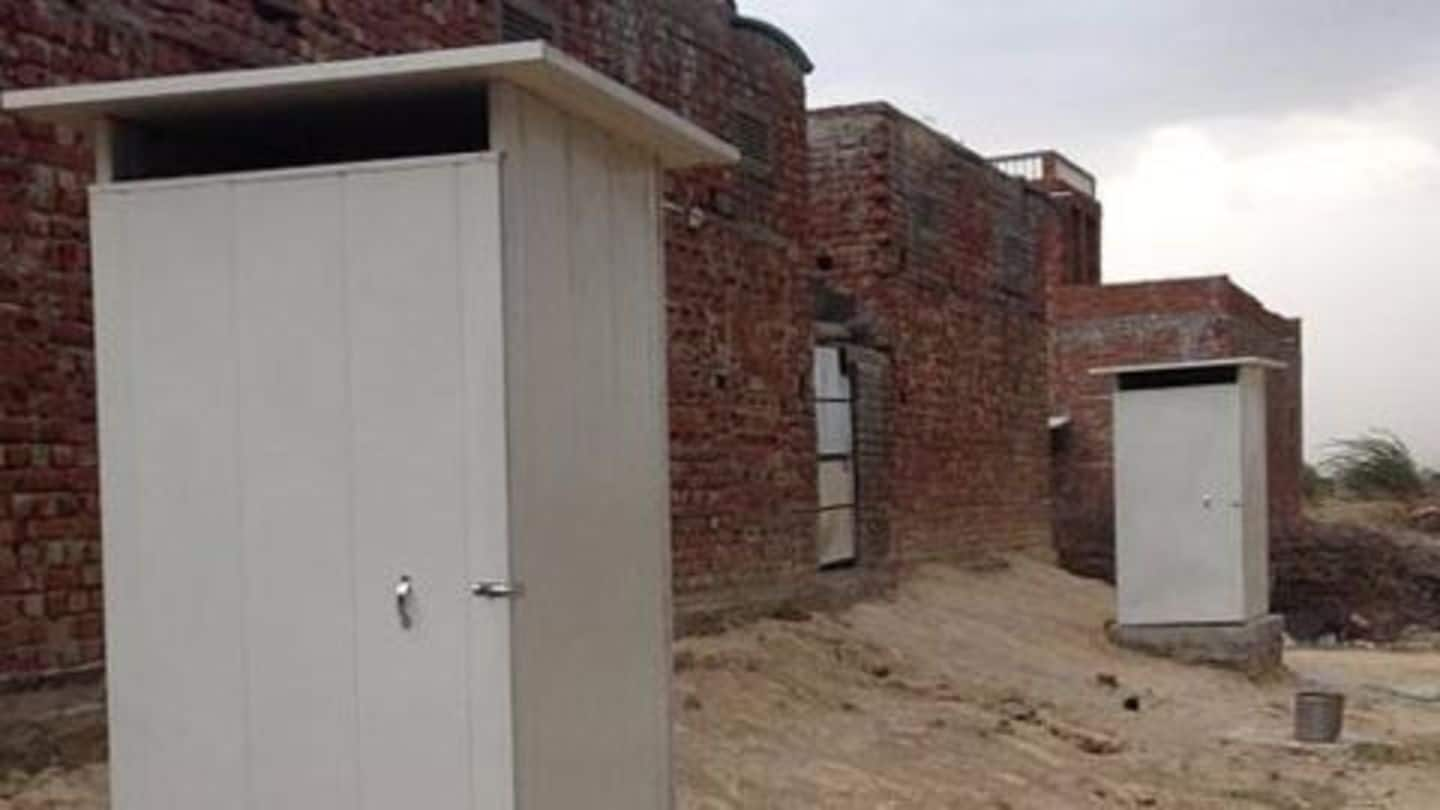
Plunge in Open Defecation practice in Bangladesh
What's the story
In over a decade, there was a change in the conditions of thousands of people in Bangladesh whose homes didn't have toilets. The number of people indulging in open defecation in the South-Asian nation sums upto 1% of the entire 166 million population, down from 43% in 2003. Tenacious campaigns for building toilets and educating people about open defecation helped bring about this change.
Information
Fatal health Impacts
In 2014, Open Defecation accounted for the leading cause of diarrhoeal death. It kills an average of 760,000 children under the age of 5 every year
CLTS
The Community Led-Total Sanitation approach
Development consultant Kamal Kar from Bangladesh, discovered the Community Led-Total Sanitation approach in 2000. This approach turns down subsidies offered by the government and mobilises communities through shame and disgust. Community representatives are found to propagate awareness about how open defecation causes illnesses and stunting of children. According to Kar, "The answer is local empowerment, not a tsunami of toiletisation."
Information
Success in sanitation propelled by Government Efforts
According to Akramul Islam, Director for Water, Sanitation and Hygiene of the NGO Brac, "The government decided that funds should go to the extreme poor who do not have latrines. So that basically gives a big push from the public sector for spending on sanitation."
Execution
How Political Commitment helped Bangladesh achieve sanitation goals
Bangladesh government allotted $390 million to the country's water and sanitation section in FY13, $360 million in FY14 and $526 million in FY15. 15% of the National budget's Annual Development Programme (ADP) was allotted to government institutions for conducting sanitation programs. Government's engineers partnered with village councils and charities for spreading awareness of how using toilets is crucial for better health.
Information
Partnerships
The Bangladesh government entered into strong partnerships with development agencies like UNICEF, DFID, WHO, World Bank, Water Aid Bangladesh and BRAC in order to draw support for water and sanitation programs.
Social Behaviour
Extending awareness throughout society
One of the campaigns for eradication of open defecation provided children with whistles to alert villagers. Children were made to shout slogans like "Defecating in the open is the enemy of the people" and "No one will marry your daughter if you do not have a toilet at home." Small businesses were encouraged to sell components for creating inexpensive latrines across the country.
India
India's sanitation targets
Prime Minister Narendra Modi regards public sanitation as the hallmark of "Clean India" drive. To keep up with the Prime Minister's ambitions, 12 lakh toilets have to be built by 2019; so far 1.27 lakh toilets have been constructed. Vinod Mishra of Water Supply and Sanitation Collaborative Council (WSSCC) said, "75 districts are on board with the community-led approach, we need all 648 districts."